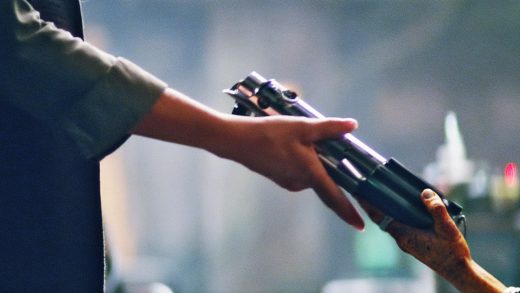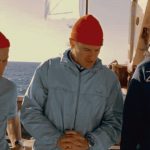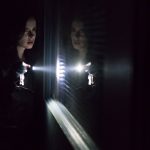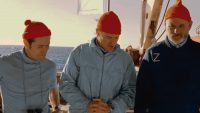How Lucasfilm’s Kathleen Kennedy Rediscovered The Magic Of The Force
In retrospect, it made perfect sense. If George Lucas was going to step away from the empire he built, he had to entrust the next chapter of Lucasfilm’s existence to someone who wouldn’t be the least bit fazed by the prospect of shepherding multibillion dollar cultural touchstones.
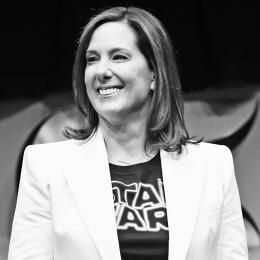
Kathleen Kennedy has been an integral part of the Steven Spielberg-George Lucas cabal from its earliest days: She and Spielberg cofounded Amblin Entertainment in 1982, and Kennedy has been instrumental in the production of films that are not just blockbusters, but generation-definers: Jurassic Park, E.T. the Extra-Terrestrial, Gremlins, Back to the Future, The Goonies, and more. Her first act after being named president of Lucasfilm in 2012 was to dive headlong into the franchise-reviving Star Wars: The Force Awakens, which went on to top $2 billion worldwide in just 53 days of release. Honored as one of Fast Company’s 2016 Most Creative People in Business, Kennedy took some time away from the galaxy-hopping whirlwind that has consumed her for the past three-plus years to reflect on her career, the state of the film industry, and where she goes to find her own inspiration.
Fast Company: When people ask you what you love about your work, what is your usual response? And has it changed over the years?
Kathleen Kennedy: It’s always been the people I meet along the way. I know myself pretty well and I know what I’m good at, but I also recognize when others may be better and so support and empower that. This business is a collaboration and I have stood on the shoulders of giants. I have worked alongside many of the hardest working and most passionate people to get where I am today.
One of the words used to describe George Lucas’s handing off of the Lucasfilm stewardship to you is “trust”—that he trusted you. What does it mean to you to be trustworthy in a creative environment?
The trust we have shared comes from working together and building a friendship for over 30 years. I feel I’ve got an insight into what drives George as an artist and what drives him personally. Everything that came from his incredible imagination was going to have to carry on without his creative vision, and so asking me to provide that stewardship was daunting to say the least. In a sense I’m playing a bifurcated role, protecting a legacy and working with Disney to grow a business.
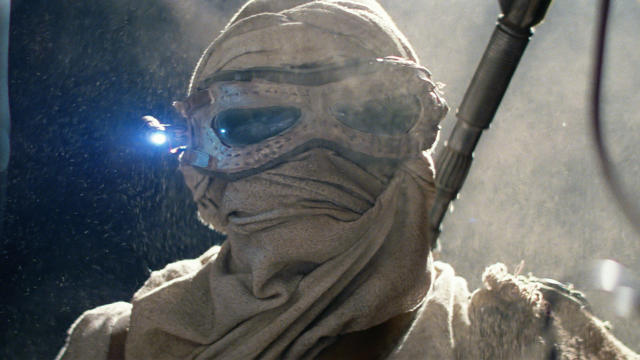
Are you ever completely satisfied with a project? Can you walk away from things?
Yes and no. There can be films I feel a deep emotional connection to that don’t necessarily perform well at the box office, but also films that don’t quite make that personal connection but were a huge success. I’m just a member of the audience with each project I work on and I hope to never lose that. It’s my touchstone. It’s the thing I never want to overanalyze.
As president of Lucasfilm, you have to entrust a new wave of filmmakers like J.J. Abrams and Rian Johnson with legacy properties like Star Wars. What do you look for when handing over the reins?
Both J.J. and Rian grew up on Star Wars and those films were instrumental in inspiring them to make films of their own. They also have a strong respect for the mythology that George created, and their unique storytelling talents made both Disney and myself confident that they would live up to that legacy while honoring their own styles and sensibilities as filmmakers. Trust is extremely important.
Tackling something like Star Wars could have been creatively crippling—people could have been almost too reverent to play around in its toy box. And yet people like composer John Williams said they felt “reenergized” by the new film. How did you create an environment that fostered that sense of creative freedom?
We have tried to create an environment that encourages and supports individual creative vision and style inside the Star Wars Universe. We want these films to be distinct and driven by filmmakers.
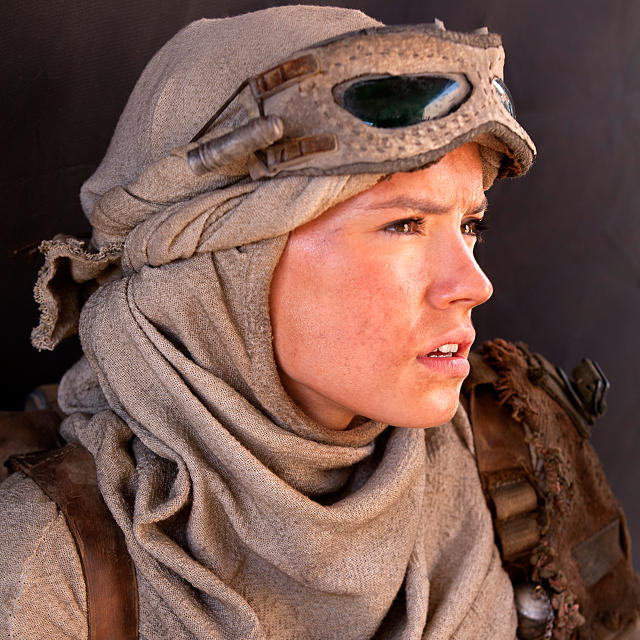
You’ve seen not only companies like Amblin and Lucasfilm change but also the industry as a whole—what principles have carried you through? Do they have to change or be amended with each new project?
The business of filmmaking has changed significantly and the financial stakes often affect the choices that we need to make. That said, the most significant driving force remains the story. Creating authentic emotional experiences, whether it’s Star Wars or Spotlight, are driven by characters and stories that are engaging. A successful film begins by choosing a director whose creative vision will define the choices made by everyone involved in the film.
The impact on each film occurs most noticeably within production and marketing. Each of these franchise films needs to identify a clear and concise narrative and strategy early in the process so that the marketing and ancillary businesses are aligned around an articulated global strategy. Probably the most fundamental change shaping this strategy today is the need for global reach. Over the years we’ve seen a gradual shift in box office dominance from domestic to foreign with new emerging markets becoming increasingly important to the business model for each of these films. This shift has increasingly become a part of the creative conversation when developing stories as well—creative choices around cast, shooting locations, inherent values, customs, and regional incentives are all changes that are affecting the industry as a whole. The audience has grown dramatically and with it the need to adjust the lens through which we make our creative decisions.
Personally, where do you draw inspiration? Has it changed over the years?
I love to see as many movies as I can, both old and new, and I read a wide variety of books and magazine articles, much like everyone. Today there is so much interesting information to consume, from podcasts and books to a constant stream of great TV and movies. The world is constantly changing and I want to stay awake 24 hours a day just to absorb it all. I never know where inspiration will come from but it’s often where I least expect it.
People point to special effects and the use of music and even toy marketing as ways in which Lucasfilm has been innovative and groundbreaking. Where are the new creative frontiers as you see them?
We’re clearly entering a very exciting paradigm with the distribution of content. What once defined movies and television is quickly becoming obsolete. Immersive technology is the future, so our challenge today is to define what kind of stories are best told within VR and AR experiences as well as other emerging technologies. The new question becomes how much do we rely on the rules and structure of traditional storytelling inside these spaces? The gaming world, for one, has proven elusive with attempts to replicate emotional engagements as those stories tend to be more visceral. Creating engaging stories is the first step toward pushing this innovation. Technology in search of content feels like the guiding principle here, and those creative frontiers are now beginning to ripple everywhere.
The further challenge is distribution and direct-to-consumer technology. How quickly can the decisions around distribution catch up to the technology? If we begin making movies, games, and TV programs that incorporate AR, VR, and 3-D, where and how do we experience this? What will the new theatrical and home experiences be? How ubiquitous will wearable technology be allowing for a wide variety of narrative content? I suspect there will be an explosion of talent in creative innovation. The sky’s the limit.
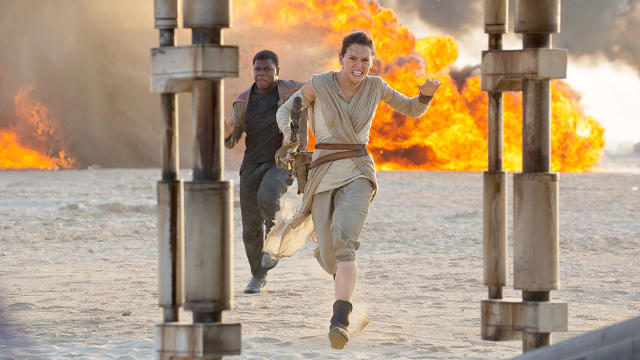
Throughout your career, you’ve been involved in films that have not only been financially successful, but culturally important (E.T., Star Wars, Jurassic Park). While there are myriad ways to define the success of a creative project, when do you know personally that something has worked?
On the mixing stage, when you’re seeing and hearing a film take shape and scrutinizing every frame, if you never get tired of watching it and feel that sense of excitement and delight while watching it with others, you know it’s working.
Related Content: The Films That Inspired Star Wars
Fast Company , Read Full Story
(16)

